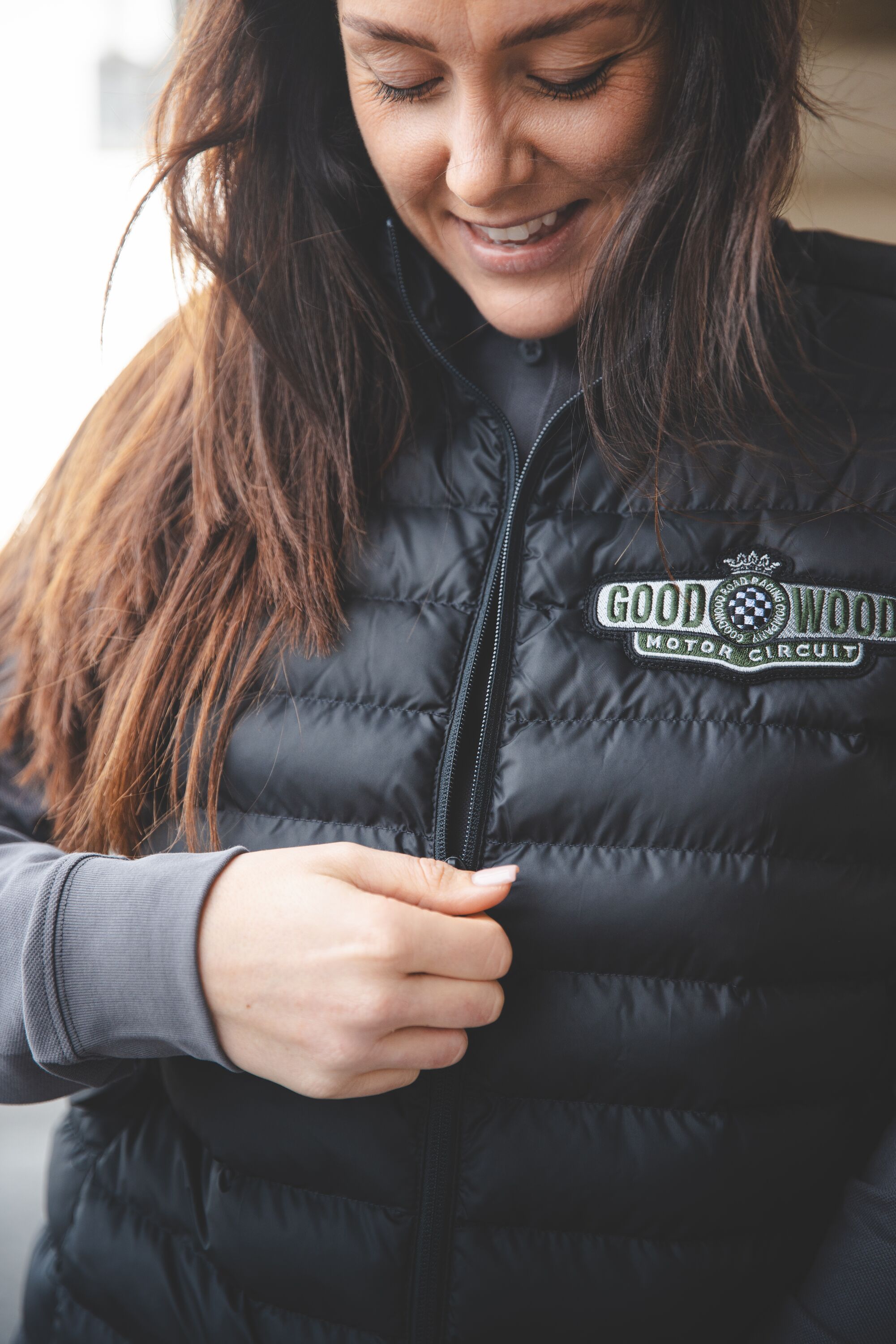Being Marc Márquez’s brother could be a curse, not a blessing for Álex
Coronavirus lockdown notwithstanding, the MotoGP season has begun, and MotoGP class rookie Álex Márquez won the first race … a six-lapper round a convincingly simulated Mugello on the last weekend in March.
All virtual, of course, on the weekend they should all have been resting up between Thailand and the USA. Instead, ten sofa-bound MotoGP riders (including also Marc Márquez and Maverick Vinales) were electronically linked for the inaugural stay-at-home grand prix.

I didn’t see the live-stream myself. Watching other people playing computer `games is pretty low on the list, no matter how famous they might be. With the more noted elder Márquez placed fifth, it did mark a happy start to younger brother Álex’s career in the big-time, although one can confidently predict that (presuming eventual real-time racing this year) he won’t win any of the real ones, in spite of having been thrust straight from Moto2 into the premier factory Repsol Honda team to replace the unexpectedly absent Jorge Lorenzo. All thanks to the overweening influence of the Márquez name.
Blood lines are less reliable in motor sport than the holy trinity of hard work, good luck and good sponsorship. The Kenny Roberts’s father-son championship is the exception.
In Álex’s case, however, the surname did help in the third crucial element, the sponsorship and high-level support. The 24-year-old got the dream ride at the expense of such candidates as current satellite-cum-factory Honda rider Cal Crutchlow and floating former double Moto2 champion Johann Zarco.
Being younger brother to a legend, however, might be as much burden as blessing. Way back in 2013, when Álex was in his second Moto3 season and big brother (already Moto3 and Moto2 champion) on his way to the first of six dominant MotoGP titles, Marc told me that “Álex has always been faster than I was at his age”.
In the same interview, their father Joan agreed, but pointed out that he was riding later-model motorcycles on the latest tyres. But it was Marc’s comment that gained the wider currency, and Álex – narrow title wins in Motos 3 and 2 notwithstanding – has basically been proving the opposite ever since.

He’s fast. But not that fast. And year by year, while he’s certainly not disgraced himself, he’s been massively overshadowed by Marc.
Remarkably, Álex has managed to maintain a good-humoured equanimity and to remain thoroughly likeable throughout, and for this reason if no other few could really begrudge the solid gold leg-up straight into the top MotoGP team. Good luck to him in the hot seat. But it promises to throw a harsh light on the ghastly pressures riders at the highest level must face, on an almost weekly basis. Motorcycle racing is no different from any other top-level sport in this regard, although it does add the chance of potentially severe personal injury.
Tough at the top. But it is arguably even tougher when you are near the top but not actually winning. At least if you ride for, say, Aprilia or to a lesser extent KTM, you can blame the bike. There’s nowhere to hide on a factory Honda.
Álex Márquez is going to find it very, very tough. Probably.
This necessarily, like so much else, remains pure speculation. Which is really all we have for the moment. Motorbike racing remains in lock-down, with the calendar repeatedly redrawn, and the opening two rounds of the European season – the Spanish and French GPs – the latest casualties.
The Isle of Man TT has been cancelled – not unprecedented: the foot-and-mouth crisis of 2001 did the same. Rather surprisingly, the headline Suzuka Eight-Hours endurance race, scheduled for mid-July, is still set to go ahead. We shall see if it will go the way of the Olympic Games.
But while F1 pundits have suggested that their season might be able to carry on through the winter, this is not really an option on two wheels. With 250 horsepower teetering on a fist-size contact patch (I exaggerate a little, but you get the point), the working temperature range of the tyres is both extremely crucial and very limited, And since regulations further limit the amount of variation Michelin can offer, racing in properly cold conditions isn’t really an option.
This has already been repeatedly demonstrated at post-season November tests at Valencia and Jerez, where crashes are painfully frequent.
The original calendar was 20 races long. The first has already taken place in Qatar, without the MotoGP class present. Until the last week, Dorna chief Ezpeleta had been insisting that the remaining 19 should go ahead, with the Valencia round moved two weeks later to November 29th, to accommodate the postponed US and Argentine GPs on the previous two weekends. Phew! Now he has admitted that this might not be possible.
Regulations stipulate a minimum of 13 races for a valid championship. By the end of them, we will know just how agonising Álex Márquez’s first big-bike season has been.
Images courtesy of Motorsport Images.
MotoGP
Moto2
Marc Marquez
Alex Marquez
Motorcycles

































































